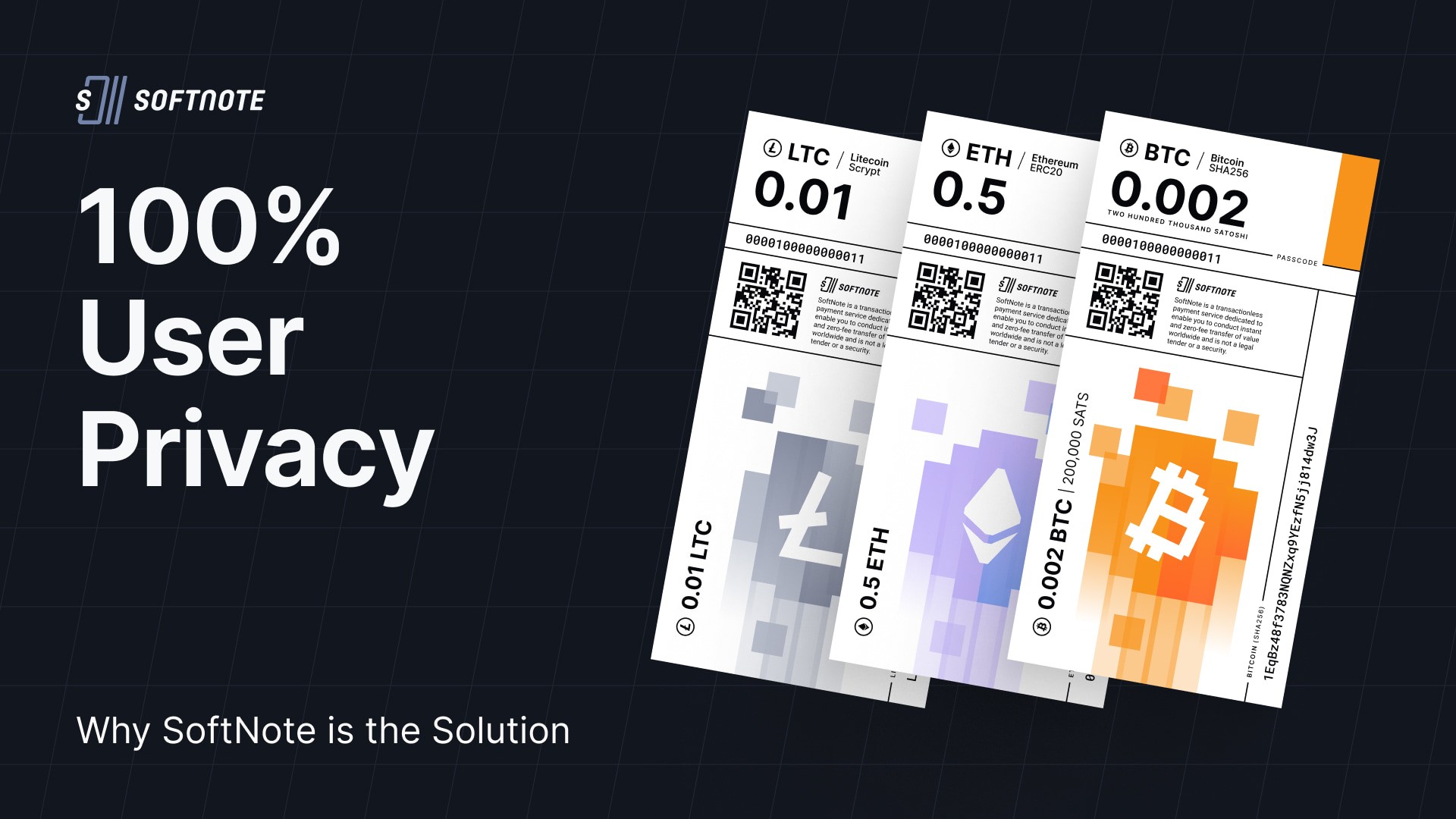Several years ago, no one paid any particular attention to Bitcoin or any form of cryptocurrency. To properly understand the attitude of people to crypto, no one was really interested in stealing blockchain tokens. However, the recent increase in the value of digital assets is causing heads to turn. Considering the risks and threats, crypto user privacy is now an important factor that we can no longer ignore.

Considering that anonymity is one of the tenets of blockchain, the idea of privacy may come as a surprise to most people. Does this mean that web3 is not actually private and blockchain networks are no longer closed? Well, that assumption is very far from the truth, and this article will explain everything that people need to know.
How Crypto User Privacy Works
When launching the Bitcoin Whitepaper 15 years ago, Satoshi Nakamoto outlined how the decentralized network will operate. In that document, he outlined decentralization as a guiding principle for Web3. This means that everyone can easily participate in the network as a miner. In simpler terms, individuals with the required computing power can approve transactions.
The most significant factors are anonymity and transparency. In this regard, the identities of Bitcoin users will remain private. Instead, people can trace transaction paths by using a hash. This hash or transaction ID will be accessible on a public blockchain. Satoshi’s aim was to build a network where people could protect their identity while simultaneously being transparent.
Why Crypto User Privacy Was Compromised
At the time when Bitcoin was launched, people could only make a Bitcoin payment on a decentralized exchange (DEX). For context, a decentralized exchange is a trading platform that facilitates transfers between two merchants. People simply connected their wallets and exchanged cryptocurrencies. However, the process of using a DEX was too complicated for the average person, and centralized exchanges (CEX) became a solution.
Unless decentralized exchanges, a CEX simplifies the process of transferring coins. However, they needed people to register and prove their identity. Although these exchanges made crypto transactions simpler, they held on the tokens and private keys of users. In addition, they also took away the anonymity of everyone who registers on their platform.
While this may seem harmless on the surface, relinquishing crypto user privacy has a lot of disadvantages, Most centralized crypto exchanges store data in a central server. In the event of a successful security breach, the hacker will have access to the individual’s personal and financial information. Furthermore, these exchanges are sometimes required by regulatory institutions to submit details of individuals using their services.
How Tectum SoftNote Bill is Restoring Anonymity to Blockchain Transactions
Tectum SoftNote Bill is restoring the default anonymity essential for making a Bitcoin payment. This innovation is built on Tectum – the fastest blockchain in the world and uses zero-knowledge proof. Thanks to the application of zero-knowledge proofs, people can initiate and complete transactions without revealing their private information. Not even an employee of our company has your personal or financial data.
For a better understanding, SoftNote is not a cryptocurrency or a replacement for tokens. Instead, it is a blockchain and smart contract-powered wallet that enables users to make an anonymous transaction without paying a gas fee. It is built on the T12 protocol and allows people to send Bitcoin in a very simple way.
Instead of the long and complex public key, individuals simply send a QR code and a private code to the receiver. Once the receiver scans the QR code and enters the passcode, the system changes the code and informs the receiver (new owner) of the new code. This ensures that no one can steal a SoftNote.
